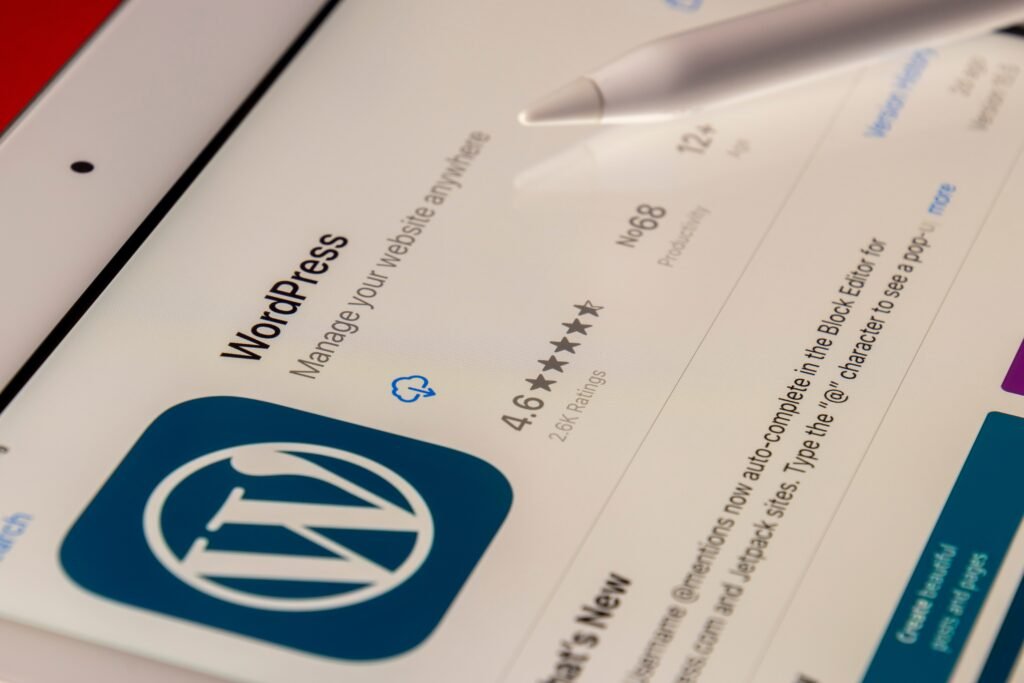The speed of a WordPress site is crucial for user experience, SEO, and overall performance. Here are some key factors that affect WordPress speed:
- Hosting: Choosing a reliable hosting provider can significantly impact load times. Managed WordPress hosting options often offer better speed and optimization.
- Themes and Plugins: Lightweight themes and well-coded plugins can enhance speed. Avoid using too many plugins, as they can slow down your site.
- Caching: Implementing caching solutions, like plugins (e.g., WP Super Cache or W3 Total Cache), helps reduce load times by serving static versions of your pages.
- Image Optimization: Large images can slow down your site. Using image optimization plugins or tools can help compress images without sacrificing quality.
- Content Delivery Network (CDN): A CDN can distribute your content across multiple servers globally, reducing latency for users far from your primary server.
- Minification: Minifying CSS, JavaScript, and HTML files can reduce their size, speeding up loading times.
- Regular Maintenance: Keeping your WordPress core, themes, and plugins updated helps improve speed and security.
By focusing on these aspects, you can significantly enhance the performance of your WordPress site.

The speed of a WordPress site is crucial for user experience, SEO, and overall performance. Here are some key factors that affect WordPress speed:
- Hosting: Choosing a reliable hosting provider can significantly impact load times. Managed WordPress hosting options often offer better speed and optimization.
- Themes and Plugins: Lightweight themes and well-coded plugins can enhance speed. Avoid using too many plugins, as they can slow down your site.
- Caching: Implementing caching solutions, like plugins (e.g., WP Super Cache or W3 Total Cache), helps reduce load times by serving static versions of your pages.
- Image Optimization: Large images can slow down your site. Using image optimization plugins or tools can help compress images without sacrificing quality.
- Content Delivery Network (CDN): A CDN can distribute your content across multiple servers globally, reducing latency for users far from your primary server.
- Minification: Minifying CSS, JavaScript, and HTML files can reduce their size, speeding up loading times.
- Regular Maintenance: Keeping your WordPress core, themes, and plugins updated helps improve speed and security.
By focusing on these aspects, you can significantly enhance the performance of your WordPress site.
Pingdom
The speed of a WordPress site is crucial for user experience, SEO, and overall performance. Here are some key factors that affect WordPress speed:
- Hosting: Choosing a reliable hosting provider can significantly impact load times. Managed WordPress hosting options often offer better speed and optimization.
- Themes and Plugins: Lightweight themes and well-coded plugins can enhance speed. Avoid using too many plugins, as they can slow down your site.
- Caching: Implementing caching solutions, like plugins (e.g., WP Super Cache or W3 Total Cache), helps reduce load times by serving static versions of your pages.
- Image Optimization: Large images can slow down your site. Using image optimization plugins or tools can help compress images without sacrificing quality.
- Content Delivery Network (CDN): A CDN can distribute your content across multiple servers globally, reducing latency for users far from your primary server.
- Minification: Minifying CSS, JavaScript, and HTML files can reduce their size, speeding up loading times.
- Regular Maintenance: Keeping your WordPress core, themes, and plugins updated helps improve speed and security.
By focusing on these aspects, you can significantly enhance the performance of your WordPress site.